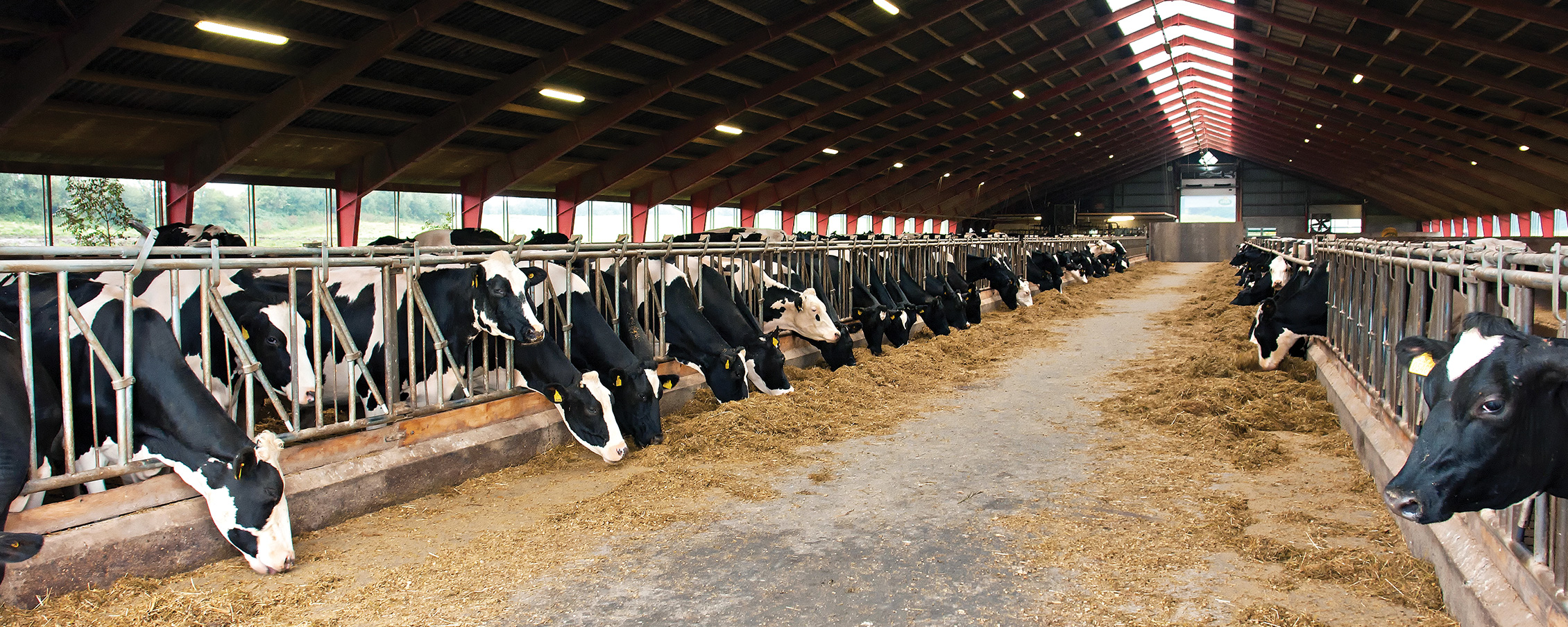Should Canada scrap its supply management system? No
Toronto Star | 10 July 2018
Should Canada scrap its supply management system? No
By Scott Sinclair
Canada’s supply management system for dairy, poultry and eggs faces a huge threat to its survival.
In the current talks to renegotiate NAFTA, the U.S. is demanding a significant increase in access to Canadian agricultural markets and the phasing out of tariffs. Effectively, this would mean the end of supply management.
While the U.S. has long sought to eliminate Canada’s orderly marketing policies, the Trump administration has upped the ante. The president has demonized Canadian policies, especially our tariffs on excess U.S. dairy exports.
Amidst all the sound and fury, Canadians should not lose sight of the fact that supply management has served producers and consumers well for over 50 years. Many farmers in other countries, including the U.S., see it as a model.
Scrapping it would be a senseless mistake.
Canada’s supply managed sectors are among the few places where hard-working and efficient farmers can make a decent living. Most are family-run farms that strengthen Canada’s rural economy and help sustain healthy rural environments. They provide a safe, reliable and reasonably priced supply of fresh, domestically produced food.
By design, supply management matches domestic production to domestic demand. Farm gate prices are regulated based on the cost of production of an efficient operation plus a fair return.
To function, the system must limit imports, which raises the ire of those who view any form of protection as akin to the devil’s work.
Critics complain that Canadian consumers pay higher prices as a result. The reality is much more complex. In 2017, Canadian consumers paid on average 45 cents more than Americans for a litre of milk. But prices for butter, cheese and yogurt were lower in Canada.
This is also like comparing apples to oranges. The use of growth hormones, banned in Canada, is widespread in the U.S. dairy industry. The most recent data show U.S. consumers paid $1.64/litre for hormone-free milk. In Canada, all milk is hormone-free and costs $1.50/litre.
Canadian farm-gate prices reflect the true costs of environmentally sustainable farming methods and a fair return for primary producers.
Well-managed Canadian dairy farms are a desirable component of sustainable rural environments. Dairy farms use few pesticides and restore organic matter and nutrients to soils. The typical Canadian dairy farmer milks 70 to 80 cows. South of the border, the average dairy farm is more than twice as large.
Individual farmers also have little leverage to negotiate reasonable returns from the large retailers, fast-food chains and global corporations that dominate the agri-food industry. Supply management helps redress that power imbalance.
Without it, producers are subject to wild swings in commodity prices. Indeed, Canada’s supply-managed system for dairy is an island of stability in a chaotic global market. By curbing supply, the Canadian dairy industry avoids dumping surplus milk into saturated global markets. Nor has the Canadian dairy sector required the costly aid packages common elsewhere.
There is a global glut of milk and international prices are in free-fall. If our borders are opened, the huge U.S. over supply of milk will come flooding in. Supply management would collapse, but that’s no guarantee of lower prices. In fact, consumer prices in deregulated markets, such as Australia and New Zealand, are higher than in Canada.
In 2017, European cheese producers were granted an additional 4 per cent of the Canadian market after the Canada-EU trade deal came into force. The resuscitated Trans-Pacific Partnership will soon open a further 3.25 per cent of the Canadian dairy market to foreign competition.
Even piecemeal concessions to the Trump administration’s aggressive NAFTA demands would seriously destabilize our successful system.
Most family farmers have been on the land for generations and, despite the hard work, love what they do. Once family farms are pushed out of the industry they are gone forever. Free-market economic theories poorly reflect this reality.
A silver lining to Trump’s ill-informed attacks on supply management may be to rally Canadians to its defence.
There is no convincing reason for Canadians to sacrifice supply management in the NAFTA talks. While derided by its critics, supply management is, like medicare, a pragmatic, made-in-Canada policy success. Canadians should be proud of it and prepared to defend it.
Scott Sinclair is senior research fellow with the Canadian Centre for Policy Alternatives.






